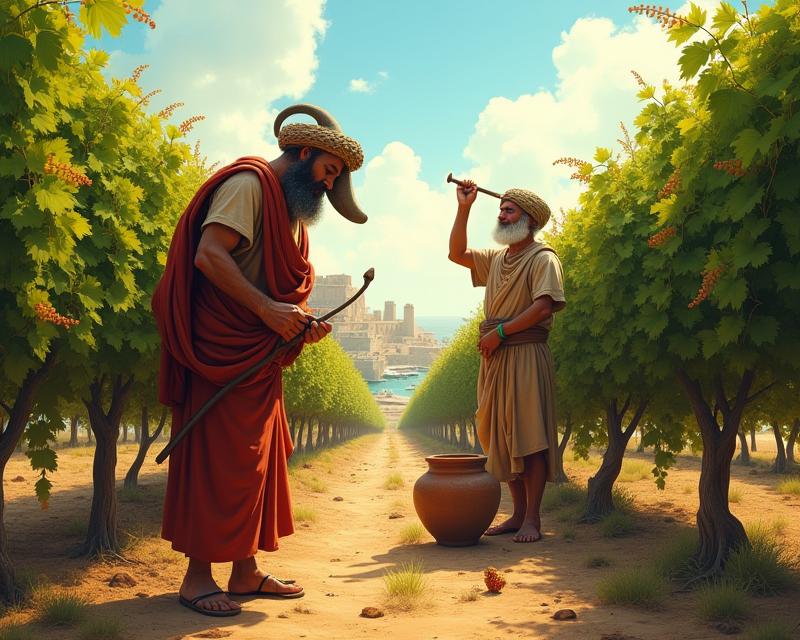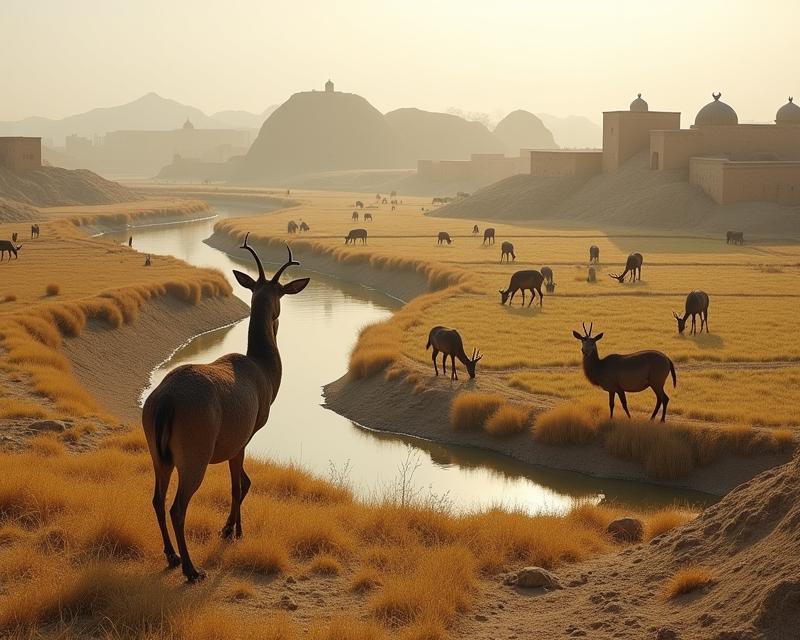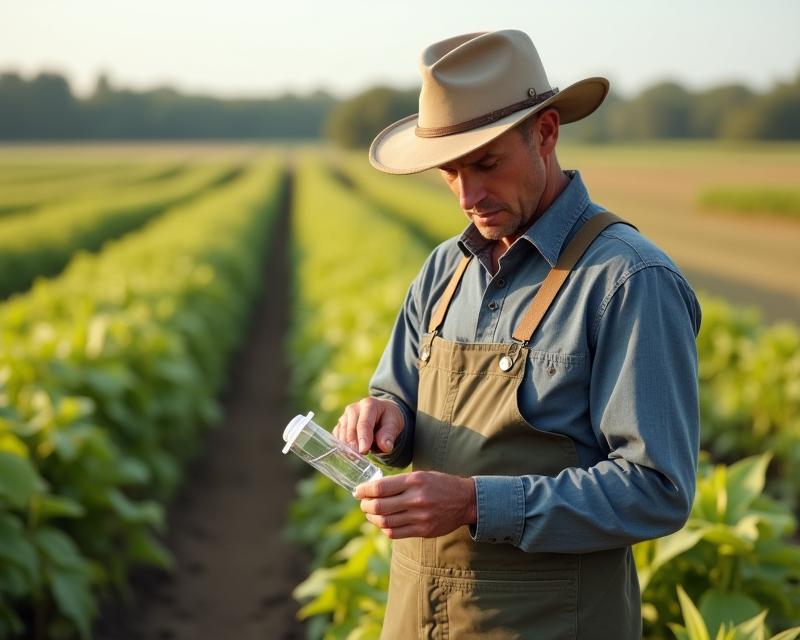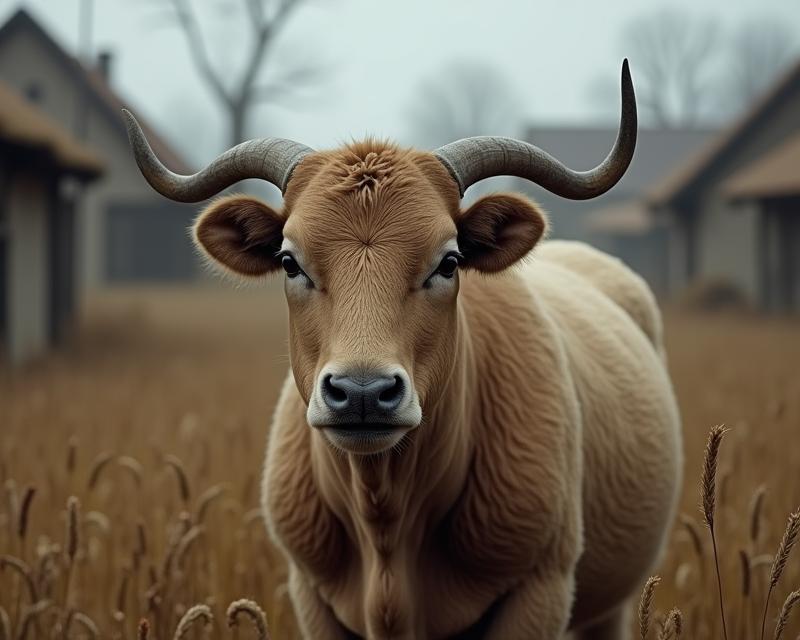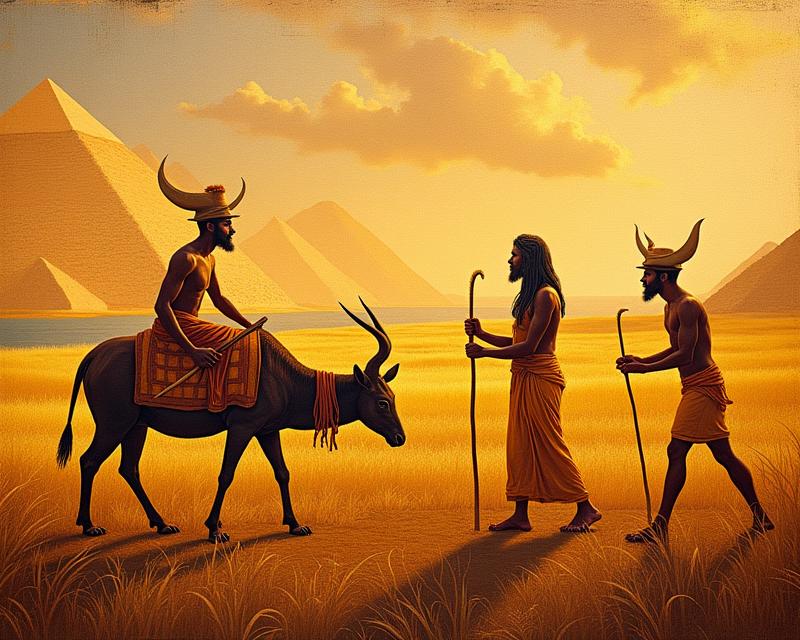From Hunter-Gatherer to Farmer: A Societal Shift
Publish in Agriculture el 06/07/2025 18:05
The Dawn of Farming: A Transformative Era
For millennia, humans lived as hunter-gatherers, moving with the seasons to find food. This lifestyle, while challenging, was deeply connected to the natural world. But around 10,000 years ago, something incredible happened: the Neolithic Revolution! This wasn't a sudden event, but a gradual transition – the shift from a nomadic hunter-gatherer existence to a settled agricultural one. It's a pivotal moment in human history, and understanding it helps us appreciate the foundations of modern farming.
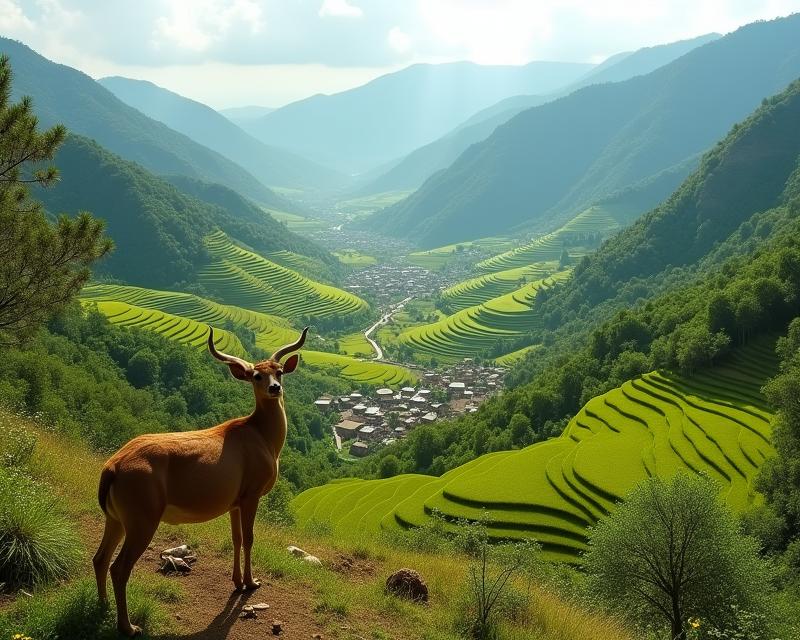
What Sparked the Change?
Several factors contributed to this monumental change. Climate shifts after the last Ice Age likely played a role, leading to more stable environments and the development of wild grains. As humans learned to cultivate these grains – like wheat, barley, and rice – they discovered a reliable food source. This wasn't just about having enough to eat; it was about the potential for surplus. The ability to store food meant communities could grow, and people could specialize in other skills. Early farmers also started domesticating animals like sheep, goats, and cattle, providing additional food, labor, and materials.
Social Shifts: From Equality to Hierarchy
The move to agriculture dramatically altered social structures. Hunter-gatherer societies were generally egalitarian, with little formal hierarchy. Agriculture, however, led to increased population densities and the development of villages, then towns, and eventually cities. With surplus food came the need for organization and leadership. Some individuals gained control over land and resources, leading to social stratification and the emergence of elites. This shift created a more complex social hierarchy, with specialized roles like priests, warriors, and administrators. The concept of private property also began to develop, further solidifying social distinctions.
Economic Impacts: Beyond Subsistence
The economic impact of agriculture was profound. No longer solely focused on finding food, communities could now produce a surplus. This surplus fueled trade and specialization. Not everyone needed to farm; some could become artisans, craftspeople, or merchants. This specialization led to increased efficiency and innovation. The development of tools like plows, irrigation systems, and storage facilities further boosted agricultural productivity. Agriculture also laid the groundwork for complex economic systems, including taxation and currency. While agriculture provided a more stable food supply, it also meant a greater reliance on a single source of income, making communities vulnerable to crop failures and other environmental challenges. Understanding these historical shifts provides valuable context for the challenges and opportunities facing farmers today.
The transition from hunter-gatherer to settled farming was a complex and multifaceted process. It fundamentally reshaped human societies, laying the foundation for the civilizations we know today. As farmers, gardeners, and ranchers, understanding this history helps us appreciate the long and evolving relationship between humans and the land.
Consider how modern farming practices build upon these ancient innovations.